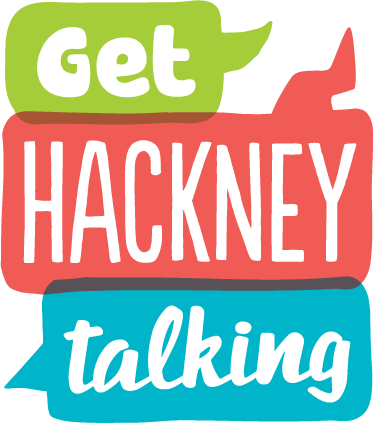0-6 months
• A baby who does not respond to the voice of familiar adults or react to loud noises
• A baby who does not smile and / or shows no interest in faces / eye contact
• A baby who is having difficulty with feeding and not gaining weight
6-12 months
• A baby who does not respond to a ‘peekaboo’ game
• A baby who does not use different cries for different needs, nor make a range of sounds including babbling
• A baby who is not yet trying to gain an adult’s attention by making sounds, eye contact, facial expressions or reaching
12-18 months
• A toddler who is not using speech (babble) to communicate by 12-15 months
• A toddler who has not said their first recognisable word before 18 months
• A toddler who is unable to follow simple instructions like, ‘roll the ball’
18-24 months
• A toddler who is unable to follow a variety of simple instructions in familiar routines e.g., ‘wash your hands’, ‘clap your hands’, ‘where’s your nose?’
• A toddler who is saying less than 25 recognisable words
• A toddler who appears to derive little pleasure from interacting with familiar people
2-3 years
• A child who expresses themselves only with gestures / pointing / pulling rather than speech
• A child who says only one word at a time (does not join words together into phrases and later, short sentences)
• A child who is slow to respond to spoken instructions or relies on lots of additional support (e.g., pointing, demonstrating what’s required, copying other children)
• A child whose speech is very difficult to understand e.g., uses only a limited number of sounds
3-4 years
• A child who is unable to speak in sentences
• A child whose language is muddled and difficult to understand
• A child who has a limited vocabulary and / or struggles to remember what things are called
• A child who cannot understand spoken language (e.g., ‘we’ll go to the park then the shops’)
• A child whose speech is very difficult to understand (e.g., cannot say many speech sounds accurately)
4-5 years
• A child who has difficulty with concepts including size, time, position, order of events
• A child who has difficulty understanding or saying complex sentences
• A child who struggles to put things into the right order or who frequently and abruptly changes the topic in conversation
• A child who has a limited vocabulary and finds it hard to learn and remember new words
• A child who misses words out or has immature grammar (e.g., ‘Nanna have drink’ instead of ‘Nanna is having her drink’)
• A child whose speech is difficult to understand or who is unable to say sounds that most other children their age can say clearly
5-7 years
• A child who finds it difficult to remember and learn the meaning of new words
• A child whose speech contains lots of grammatical errors (e.g., ‘goed’ instead of ‘went’, ‘foots’ instead of ‘feet’), missing words or words in the wrong order.
• A child who finds it difficult to understand things in the past or in the future
• A child who can only follow one part of an instruction (e.g., first thing said or last thing said)
• A child who finds it hard to make up stories or describe how to carry out a task (e.g., steps to make a sandwich)
• A child who is finding it difficult to learn at school for no obvious reason (e.g., they may have no recognised difficulties with general development). They may appear either very withdrawn or very disruptive in class.
• A child who finds it difficult to establish and maintain friendships
8-11 years
• A child whose speech is difficult to understand or who has difficulties with particular speech sounds and is motivated to try and change this.
• A child who is stammering and has expressed a desire to try and improve their fluency.
• A child who finds it difficult to join in with group conversation or who frequently gets into trouble with those in authority (e.g., teachers, parents)
• A child who interprets everything literally (e.g., looks upward and is puzzled when someone says ‘it’s raining cats and dogs’, reaches for their socks when told, ‘pull your socks up’)
• A child who struggles with written work as well as talking (e.g., making up stories).
• A child whose stories are muddled and hard to follow and / or consist of short sentences only.
• A child who has a limited vocabulary and overuses non-specific language (e.g., ‘that’, ‘this’, ‘thingy’).
• A child who finds it difficult to use language to explain how they have solved a problem or to make predictions.
• A child who is struggling to learn and participate at school. They may get into trouble lots or appear withdrawn and often be unaware of what they’re supposed to be doing even after it has been explained.


